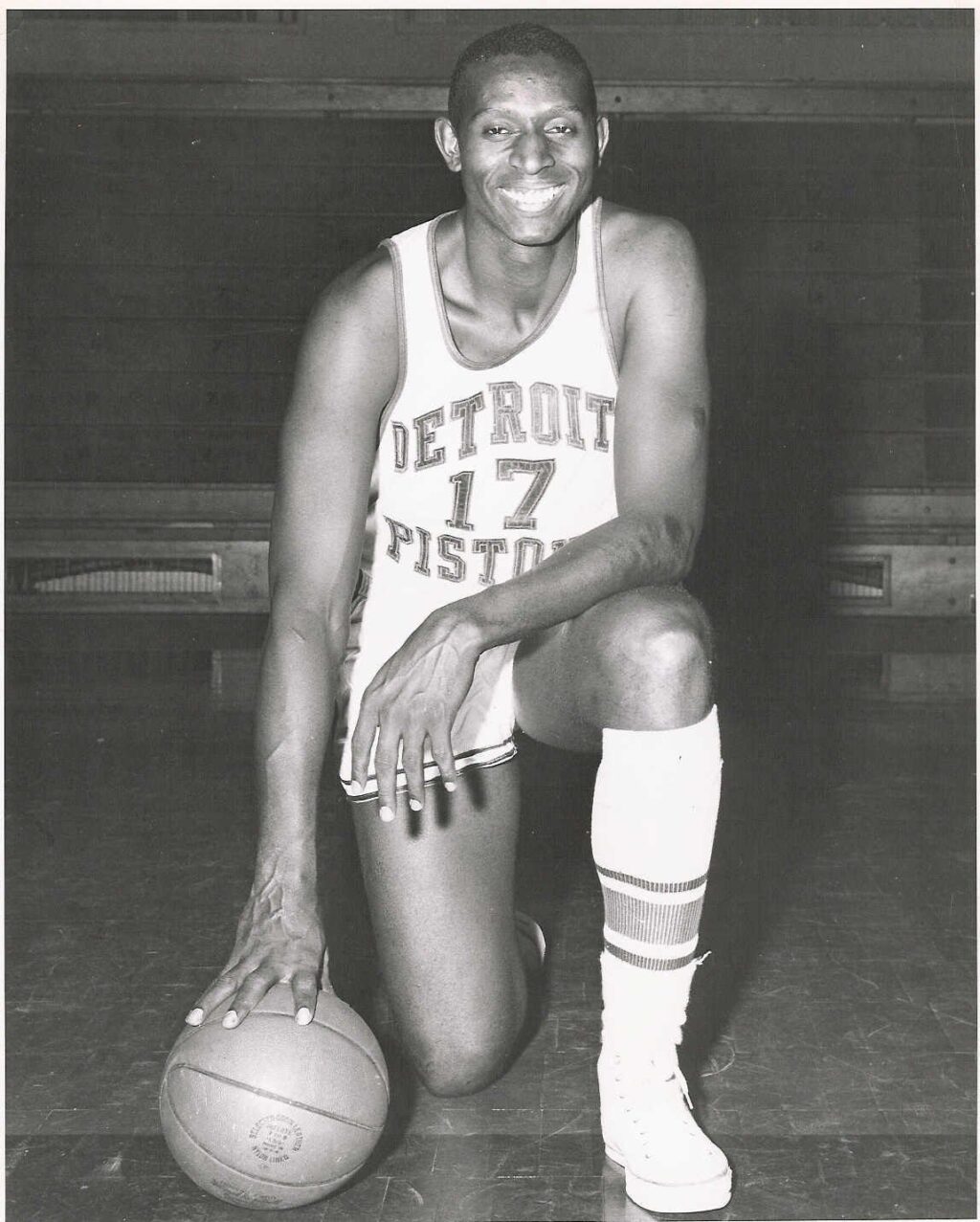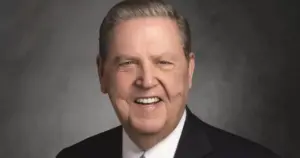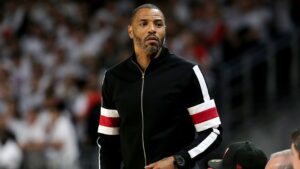
Earl Francis Lloyd made history on October 31, 1950, becoming the first Black player to appear in an NBA game. Lloyd, who played for the Washington Capitols, showcased his talent by contributing six points, five assists, and ten rebounds in a game against the Rochester Royals. However, his rookie season was abruptly cut short after just seven games due to his induction into the U.S. Army for service during the Korean War.
Lloyd’s contributions extended far beyond his playing days. Following his military service, he became a significant figure within the Detroit Pistons organization, serving as a scout, assistant coach, and head coach during a transformative period from the late 1950s into the early 1970s. His legacy continues to resonate within the league, particularly as the NBA prepares to celebrate the 75th anniversary of Lloyd and other pioneering figures, such as Chuck Cooper and Nat “Sweetwater” Clifton, throughout the 2025-26 season.
Lloyd’s debut marked a pivotal moment in the integration of the NBA, a change that had lasting implications for the sport. Despite his early exit from the league, Lloyd’s influence as a scout was profound. He advocated for players from Historically Black Colleges and Universities (HBCUs), recognizing their untapped potential in a time when many teams were skeptical of their talent.
Ray Scott, a former Pistons player and coach, shared his insights about Lloyd’s impact. “From the time Earl Lloyd arrived in Detroit, the Pistons and the city received a refined, dignified and intelligent man,” Scott remarked. “He maintained the highest standard in every position he held.” Lloyd was not only the first Black man to hold a leadership role on an NBA bench but also the first Black assistant coach and head coach who was not a current player.
Lloyd’s contributions to the Pistons extended to his recommendations during the draft process. Scott recalled that Lloyd wanted the Pistons to select future Hall of Famers Willis Reed and Earl Monroe, greats who played pivotal roles for championship teams with the New York Knicks. Despite their availability, the Pistons missed the opportunity to draft them, a decision Scott believes may have altered the franchise’s trajectory.
“If we’re talking starting fives, that potential lineup between Reed, Monroe, our own Dave Bing, and Dave DeBusschere could have been one of the greatest lineups,” Scott stated. He expressed regret that the franchise did not capitalize on Lloyd’s insights during the 1960s, suggesting that had they acted on his recommendations, a championship might have been secured much earlier than the “Bad Boys” era that produced titles in 1989 and 1990.
Despite the challenges, Lloyd’s legacy as a mentor remains significant. Scott emphasized how Lloyd shaped not only his career but also the lives of many others. “Earl Lloyd brought me through the progressions of life, in terms of showing me how to be a good player, coach, businessman, and most importantly a good person and husband,” Scott noted. His influence extended beyond the court, fostering a sense of community and support among players during a transformative era in sports.
Reflecting on Lloyd’s contributions, Scott pointed out that his mentor’s impact on the NBA and American society at large cannot be understated. “We’re talking about someone who served his country, the NBA, and humanity well. Earl Lloyd was just that guy.” As the NBA continues to honor its pioneers, Earl Lloyd’s legacy serves as a reminder of the important strides made in the sport and the ongoing journey toward equality and representation.







